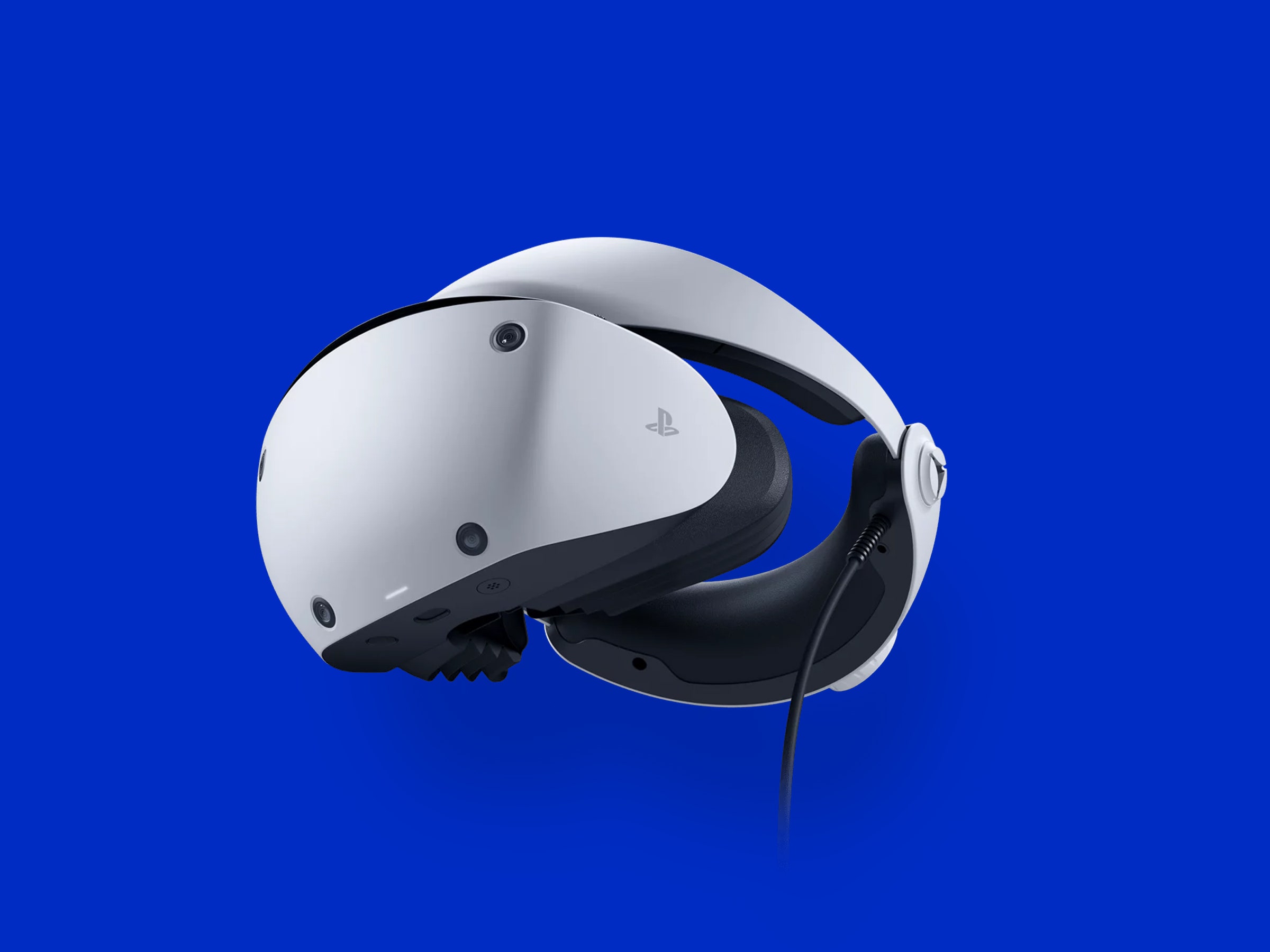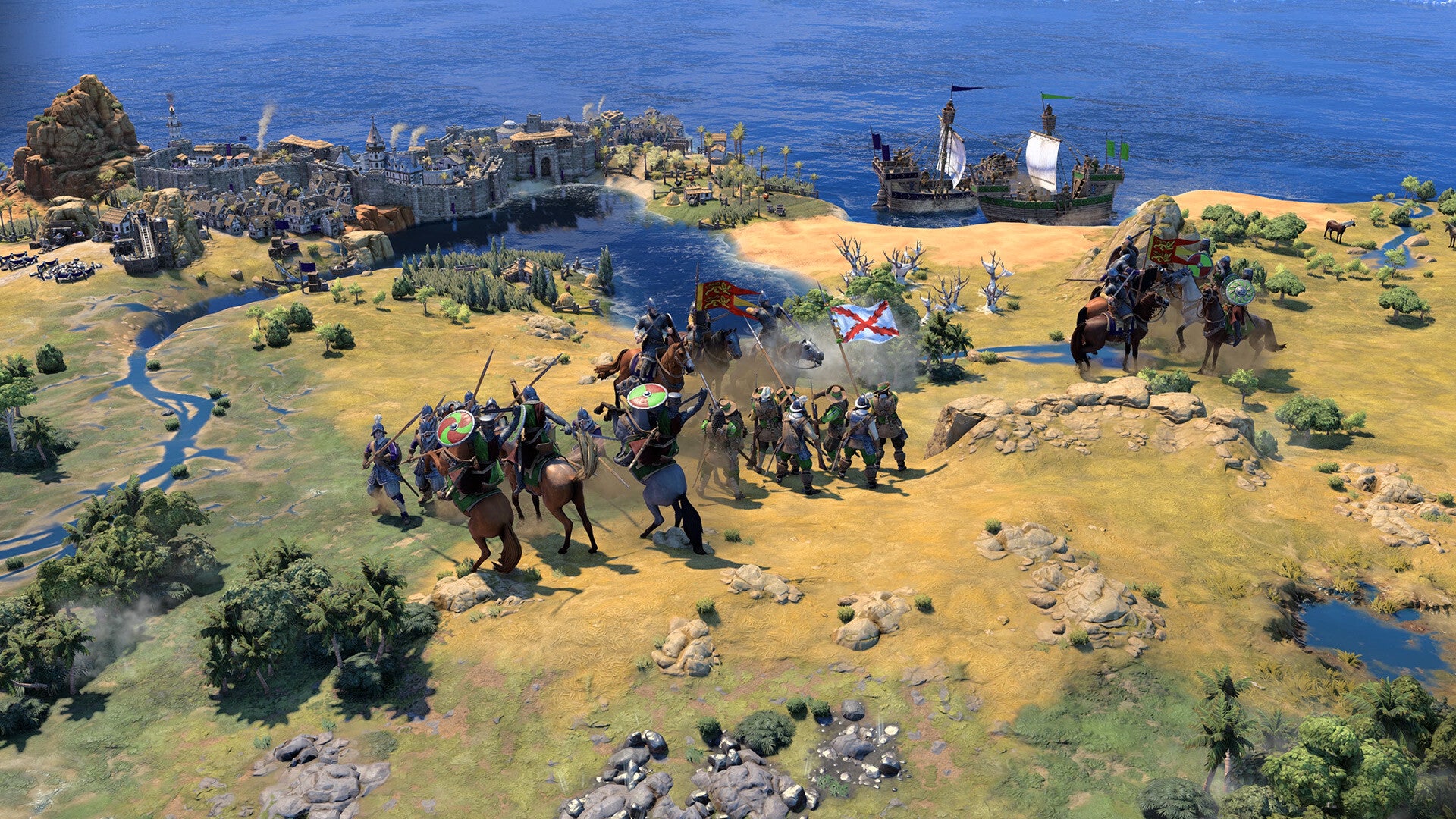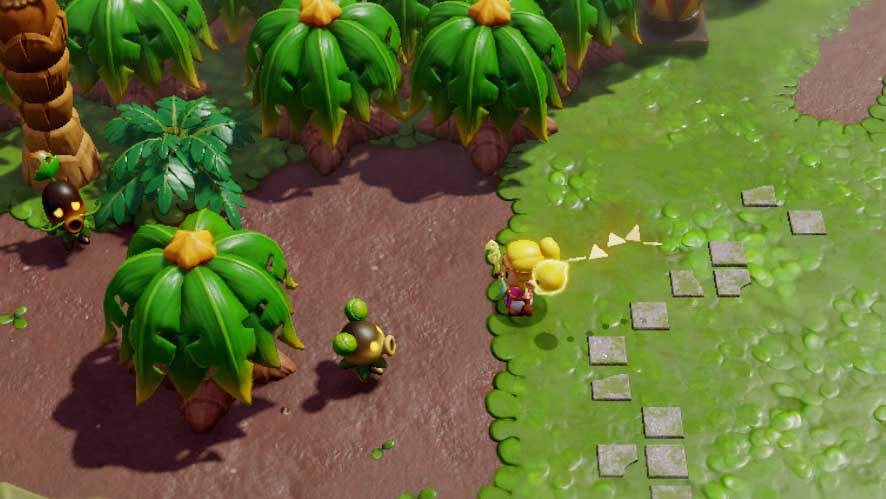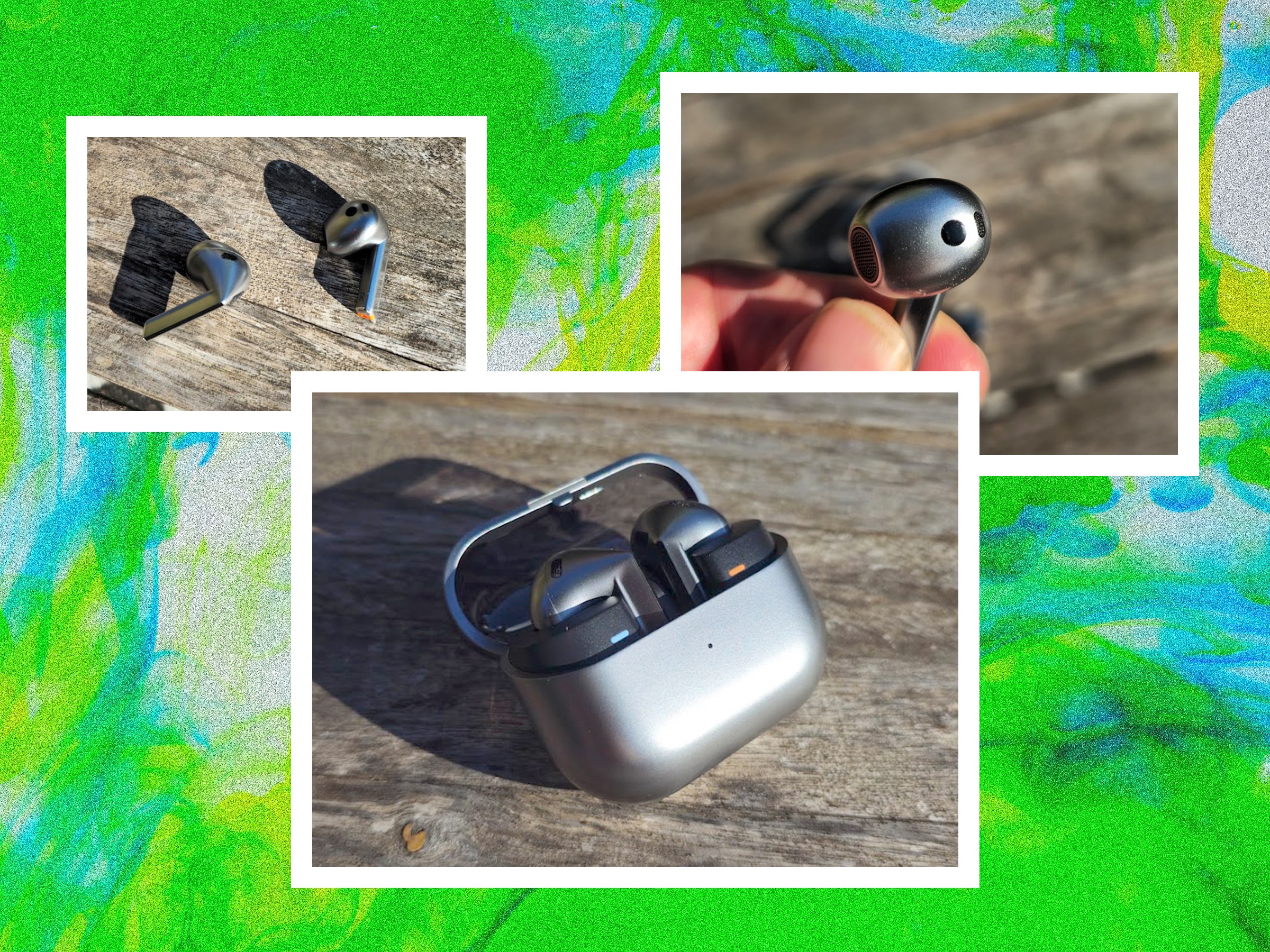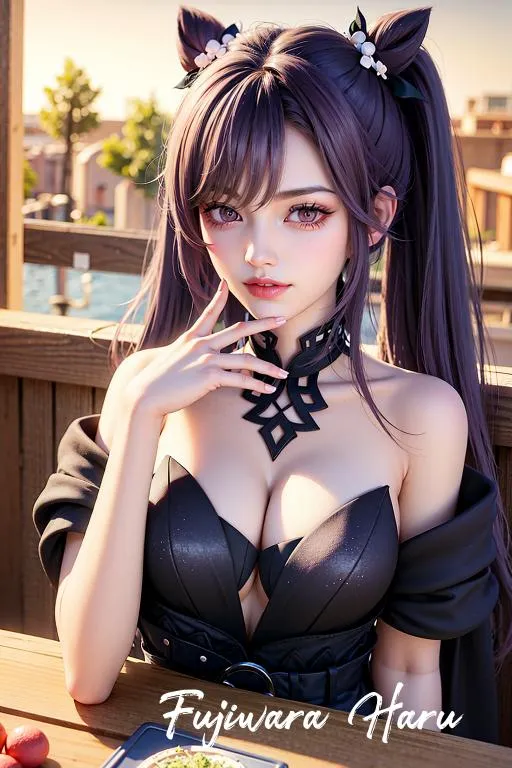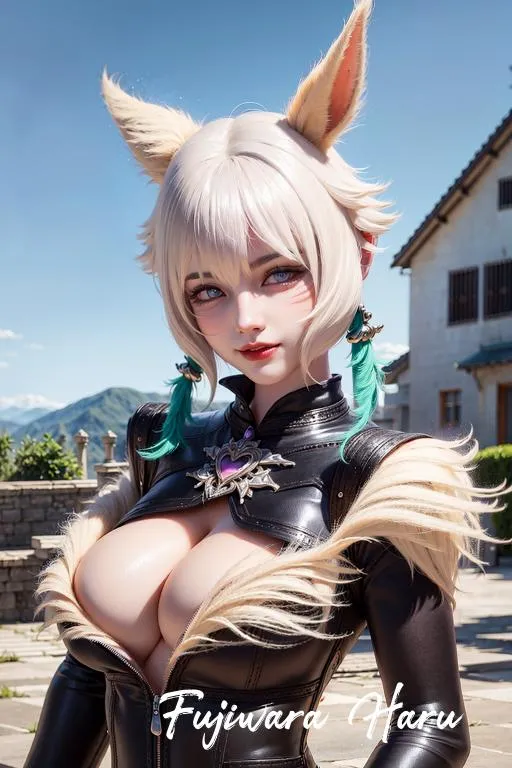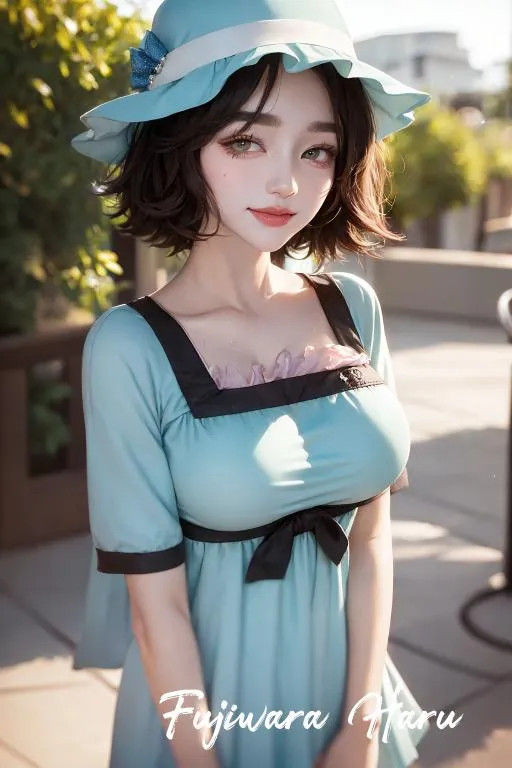Update, Oct. 24: Nintendo of America has now added the guidelines to its website as well, following the U.K. and Japan websites. The prize cap is $5,000 USD per the guidelines on the U.S. website.
Original story below:
Previous story: Nintendo caused a stir across its competitive fanbase today when it announced new guidelines regulating community tournaments.
The guidelines, posted on both Nintendo’s Japan and U.K. websites on Tuesday, dictate the terms for “not-for-profit, small scale community tournaments (Community Tournaments) involving games for which Nintendo owns the copyright.” In short, these guidelines define the terms that organizers would have to follow in order to qualify as a small-scale event, allowing for them to function without an official license from Nintendo.
Some of the highlights:
- Community tournaments may not “generate commercial revenue except as permitted by these guidelines”
- A cap of 200 participants in-person or 300 for online tournaments
- Organizers may not receive compensation from third-party sponsors, and may not sell food, beverage, or merchandise
- No prizes exceeding a market value of £4,500 / €5,000 in total
- No spectator fees for online tournaments
- Organizers “must publicly disclose all accounting related to the costs of hosting the event promptly”
Causing more confusion, the guidelines have only been shared on Nintendo’s U.K. and Japan websites and X/Twitter accounts at press time, meaning they likely only apply to these regions as of now. IGN has reached out to Nintendo of America to see if that region will follow suit.
The Community Reacts
Organizers can still hold larger, for-profit tournaments of course, but those would require a license from Nintendo. As was pointed out on social media shortly after the announcement, this means that larger tournaments that have already obtained licenses should be in the clear.
Regarding the Nintendo Community Tournament guidelines
— doe (@Doeboy) October 24, 2023
Almost none of the competitive Smash/Splatoon tournaments are considered "Community Tournaments" based on the definition given. We have for-profit tournaments, which are fully permitted via licensing pic.twitter.com/eGuUbTSqWa
Still, the immediate response highlights the ongoing, complicated issues between Nintendo and its competitive community, particularly among Super Smash Bros. Even licensed tournaments, like last year’s canceled Smash World Tour Championships, have faced extensive issues.
Melee pro Axe wrote on Twitter that the new guidelines are “extremely concerning” especially for Melee tournaments in particular, where Nintendo might be more hesitant to hand out licenses for its 22-year-old game: “I'm scared for my life,” Axe added.
Nintendo released some strict guidelines for tournaments without an official Nintendo license.
— Tempo?️| Axe (@TempoAxe) October 24, 2023
That's extremely concerning, especially for Melee events.
I'm scared for my lifehttps://t.co/axwOHefLQb
“We’re going underground buckos,” wrote one Redditor. “Back to the old days. Tournaments will be held in restaurant basements, it is gonna be cash entry only, and Project M is gonna be there.”
“What everyone had feared had happened,” wrote another.
Other reactions, meanwhile, took issue with the 200-person cap for in-person tournaments.
Also just to be clear
— Bbatts (@bbatts523) October 24, 2023
Stupid fucking decisions made by stupid people who are attempting to kill a scene that only exists to benefit their brand and their hardware sales
We legit have 0 impact on general markets, and only exist to keep people invested in their games
so dumb
Wow, I'm so happy that 201 people showed up to my offline tournament!! I could never have imagined this amount of interest! Thank you Nintendo for making this amazing ga- pic.twitter.com/yCWjhdd3NL
— FMG | Voravi?!?️ (@VoraviSSB) October 24, 2023
And another serious concern was raised by streamer Arevya on X/Twitter, which specifically concerns the restriction “of game consoles, accessories and software not licensed by Nintendo.” As she points out, that would exclude third-party accessories that are used to make tournaments more accessible to gamers with disabilities.
but the reason why it is, is because MANY disabled gamers (like myself) use third party accessories to be able to game.
— Arevya - Gaming is for EVERYONE ?♿️ (@arevya) October 24, 2023
This can be anything from controllers you can use with your feet, tools to make the game work with a straw you can blow in to move your character,
I can somewhat understand Nintendo’s need to protect their IP, but this is taking it so far that it will exclude children, youth and grownups that NEED accessibility to play games like everyone else.
— Arevya - Gaming is for EVERYONE ?♿️ (@arevya) October 24, 2023
Even as much of the Smash community is shocked, however, some have pointed out that the guidelines aren’t too dissimilar from those in other professionally licensed esports. Others, meanwhile, have noted the controversies in the past that may have sparked Nintendo’s push to exert more control over tournaments that involve its games.
We’ll see how the restrictions change with the proper license process (and how simple that process is) before assuming this is a net negative.
— Alex Gonzalez (@AlexGLogics) October 24, 2023
Getting things more organized and processes in place is a good thing for the space (if done correctly).
this note from the Nintendo tournament guidelines pic.twitter.com/3yQSH4USrE
— Jon Cartwright (@JonComms) October 24, 2023
Regardless, it's another significant update in the long-running rift between Nintendo and its competitive community.
Alex Stedman is a Senior News Editor with IGN, overseeing entertainment reporting. When she's not writing or editing, you can find her reading fantasy novels or playing Dungeons & Dragons.
